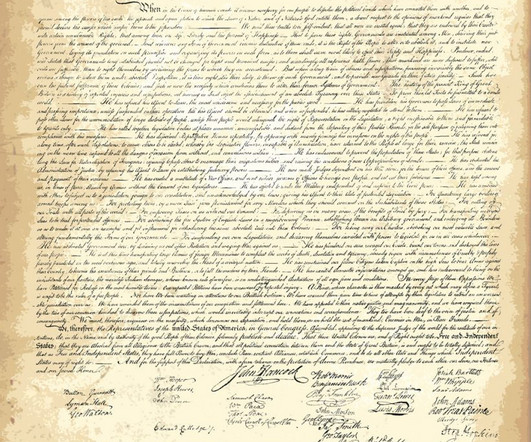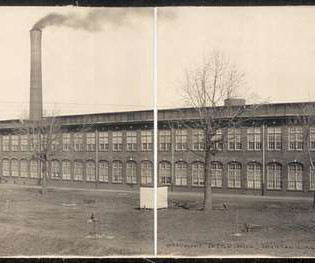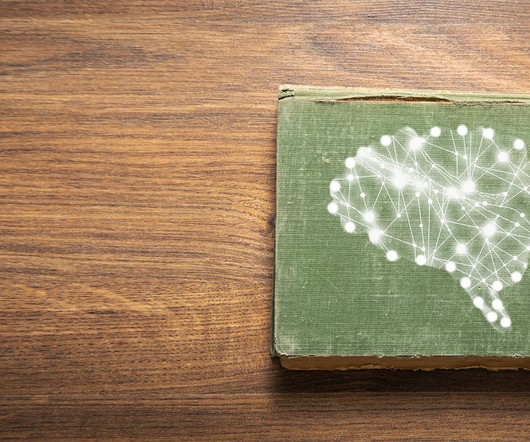Teaching with Primary Sources in Social Studies
Studies Weekly
FEBRUARY 25, 2025
Benefits of Primary Sources: Humanizing History With primary sources, students as young as kindergarten age can grasp difficult concepts and glean meaning from past events. Some of the greatest tools that we have in our online library are audio and video recordings.














Let's personalize your content